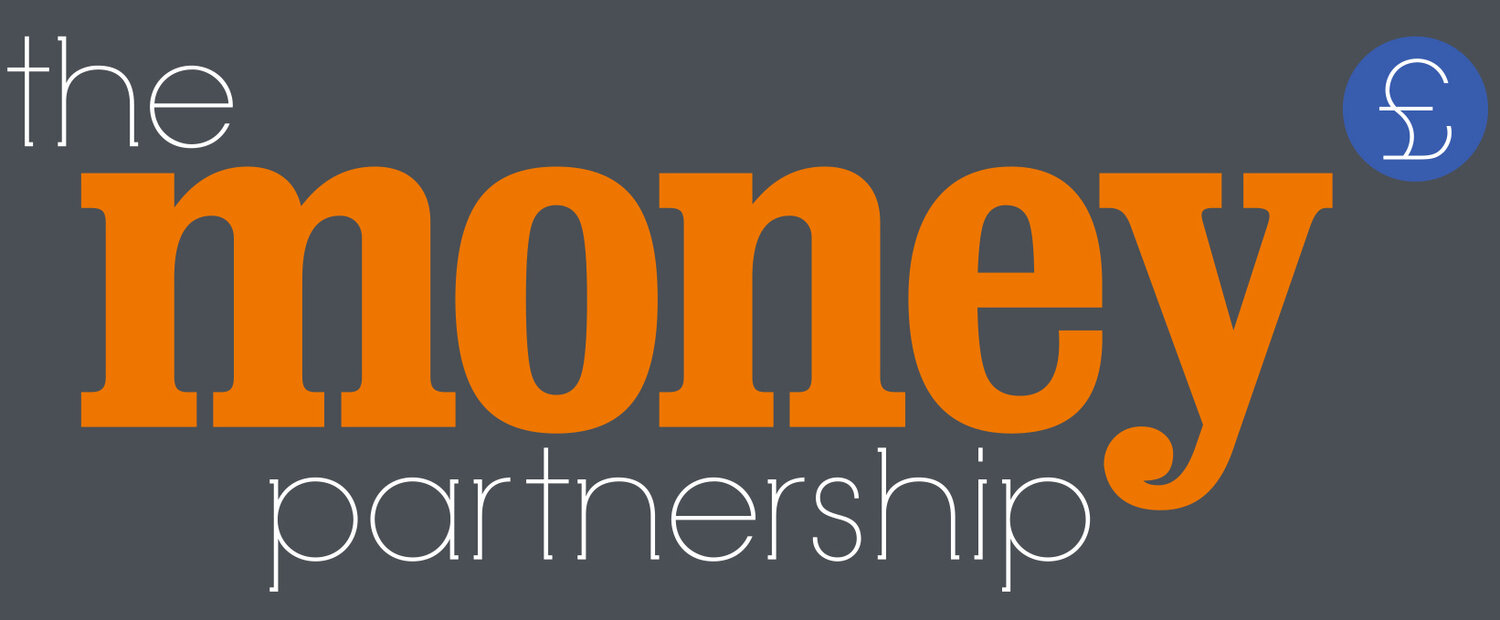How to manage your finances after divorce
Managing your finances on your own probably seems quite daunting at first, especially if you weren’t the one who managed the household finances. But what you must remember is, it’s really simple.
After you and your partner have separated, the absolute first thing you should do is create a budgeting plan. This is a great starting point as it allows you to review your spending habits. A good way to create your very own budget plan is to set up a spreadsheet showing your incomings and outgoings. Incomings will include information such as your salary, pensions, dividends etc. Outgoings will include all your bills, groceries, debts, gifts, car payments etc. The idea being, the more you include, the more accurate and helpful it can be. By creating your own budget plan, you can see your exact financial position and easily manage and decide on your finances.
Now that you have created your budget plan and know exactly what your incomings and outgoings are, we can begin managing them effectively with minimal effort. You can do this by opening two separate accounts. One for your bills/expenses and another for your spending money. When you receive your pay slip at the end of each week or month, you can put the required amount of money into your bills account (and a little extra as protection). Then with the remaining money, you can transfer it to your spending account. By doing this, you know exactly where you are each month and can budget for the month with any leftover money you have. This makes sure all your important bills and expenses are paid for first.
Congratulations! You created your budget plan; your bills are paid, and you’ve had a great weekend. Our next recommendation in your journey to managing your finances would be to set up an emergency fund or savings account (if you don’t already have one). This emergency fund is designed to help you prepare for the unexpected. If you car breaks down, your boiler breaks or maybe you forgot about birthday/Christmas gifts, the emergency fund is here to help. If you don’t have an emergency fund set up and you face an unexpected financial blow, this could lead you into real trouble. If a problem does occur and you can’t cover these costs, you may need to borrow money. With this additional money going out each month, you could find yourself getting into debt and leaving yourself in serious financial trouble. Having an emergency fund will help prevent you from getting into debt.
The key to financial well-being is striking a balance: ensuring you cover your essential costs, your required costs and letting yourself spend a little on the things that make you happy.
Money-related stress can trigger all sorts of problems. The longer you let it go on, the harder it will be to transition into financial security.
Here, at The Money Partnership, we can help you organise, take control of your finances and regain that security and freedom. With our advice, you’ll be on your way to improved financial well-being. To hear more about our financial support in this area, email info@themoneypartnership.com or phone 01633 987070.

